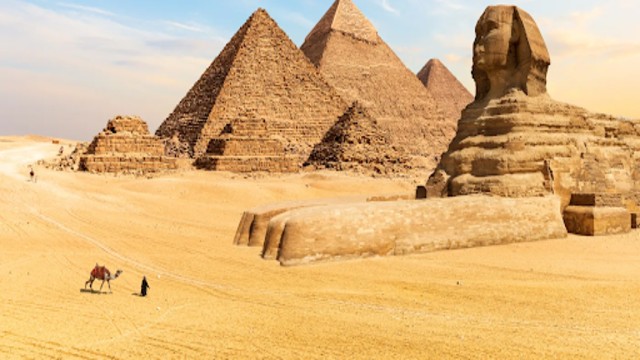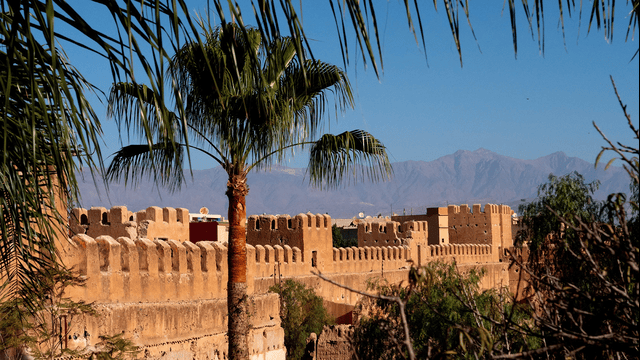
The Pyramids of Giza and the Great Sphinx, Egypt. Travel Pulse
Several major travel companies, including Airbnb, have decided to stop selling tickets for camel and horse rides at the Great Pyramids of Giza. This decision follows years of efforts by an animal rights group to expose the harsh treatment of these animals.
An investigation revealed that camels and horses at the site suffer extreme abuse. Handlers beat the exhausted animals, forcing them to carry tourists under the scorching sun. Many horses, weak from malnutrition, were seen eating from trash piles. The investigation also found dead horses dumped daily in garbage sites near the pyramids. Camels deemed too old or sick were often sent to slaughterhouses.
"More travel companies are rejecting this cruelty and encouraging tourists to explore the pyramids without harming animals," said an animal rights representative. "We applaud Airbnb and others for taking a stand, and we urge Egyptian authorities to protect these animals."
Along with Airbnb, several other North American travel companies have joined the ban, including Black Tomato, Shore Excursions Group, ToursByLocals, Under30Experiences, and World Travel Holdings. These companies follow the lead of businesses like British Airways Holidays, easyJet Holidays, and Abercrombie & Kent Travel Group, which had already stopped promoting such rides.
Despite these efforts, the Egyptian government has not taken action to improve animal welfare. The organization leading the campaign has tried to work with officials for over five years. They suggested adding veterinary clinics and other protective measures, but the response from the Ministry of Tourism focused only on benefiting tourists, not the animals.
In 2023 and 2024, investigators revisited the pyramids and found a secret dumping ground where animals were discarded daily. "The government keeps making empty promises," an animal rights advocate said. "There’s no enforcement, just endless suffering."
Tourists play a major role in keeping these rides in demand. Most visitors taking part in camel and horse rides at Giza come from other countries. The travel industry is now being urged to take full responsibility and stop offering these activities altogether.
Animal cruelty in tourism is not limited to Giza. Practices like elephant rides in Asia and the running of the bulls in Spain continue despite global criticism. This highlights a much larger issue within the travel industry.
The organization behind this campaign is calling on all travel businesses to follow Airbnb's example and stop selling animal rides at the pyramids. However, travelers don’t need to wait for the industry to act. They can make a difference by avoiding these rides themselves.
If you're visiting Giza, you can choose not to participate in camel or horse rides. You can also support efforts to ban them by signing petitions and spreading awareness.
"These animals will keep suffering as long as people pay for these rides," an advocate said. "It's time to end this cruelty for good."















